Fall Safety Tips
Tips to keep you and your family safe this fall
- Be cautious of back-to-school traffic including children crossing roads, and bus stops
- Don’t be fooled by falling leaves whether you are driving or walking
- Refresh your fire safety knowledge
- Avoid slips and falls on wet leaves and debris
- Be prepared for unexpected cold weather
- Wash your hands frequently – Fall is the start of flu season
- Make sure your batteries are in order
- Wear reflective clothing when walking at night – sunset will continue to come earlier through late December
Fall leaves
The fall foliage can be a beautiful sight to experience. With the falling of those leaves come some hazards that may put you or your family at risk. Some of those hazards include:
- Leaf piles that can cause puncture wounds to the eyes and soft tissue
- Wet leaves on roadways and sidewalks can cause slip-and-fall injuries
- Leaves that appear to be small animals scatter across the road causing accidents
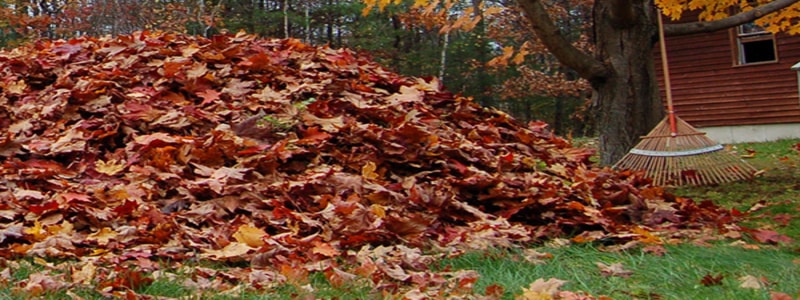
School traffic

With the return of children to schools, there is a lot more traffic on the roads in the mornings and afternoons. Plan for longer trips to work and be mindful of your surroundings.
Fire Safety
With the coming of fall comes cooler weather and the opportunity for backyard camp/bonfires. Follow these safety tips to protect your family and property from fire hazards:



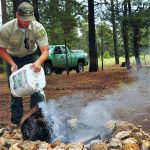
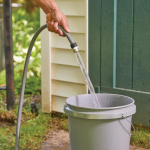


Slip and fall risks
Falling leaves, cooler weather, and more rain increase your risk of slipping and falling on wet leaves and debris. Reduce your risk by wearing appropriate shoes, being aware of your surroundings, and cleaning up loose debris and leaves from porches, sidewalks, and parking areas.
Unexpected cold weather
With fall comes colder weather. Here in Kentucky, it can be pleasant and warm during the day, and temperatures drop significantly after sunset. Be prepared by keeping an extra jacket, gloves, hat, and or scarf with you in the event you are out and the temperature drops quickly.
This is a great time to get your winter car emergency kit prepared and updated if needed.
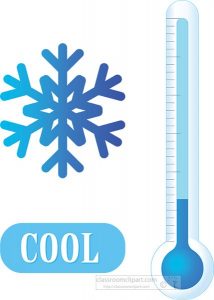
Flu Season
With the start of flu season in October alongside a global pandemic, it is important to protect your family from the risks of the flu virus. You can follow these simple steps to help protect yourself and your family.
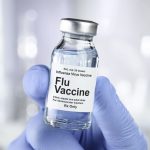


- Get vaccinated. Flu vaccines are the single most effective means we have to prevent flu and/or severe illness. With hospitals severely burdened by the pandemic, you want to avoid flu-related hospitalizations.
- Avoid close contact with persons who are sick and limit your contact with others if you are sick.
- Cover your coughs and sneezes. Cover your mouth with a tissue when you cough or sneeze then throw the tissue away.
- Wash your hands often with soap and water for at least 20 seconds.
- Avoid touching your eyes, nose, and mouth. Germs can easily enter and exit your body through these routes.
- Clean and disinfect surfaces and objects that may be contaminated.
Batteries
With the change of seasons, it is a great time to check and replace batteries and update your emergency kits.
- Smoke detectors: Replace batteries in smoke detectors to ensure proper working order. There should be a smoke detector in each bedroom, as well as in living spaces according to regulations and recommendations. A good time to schedule your battery changes is with the change in time in the fall and spring. Always replace with new batteries.
- Carbon monoxide detectors: If you use gas for heat, make sure you have a carbon monoxide detector and replace batteries with new ones.
- Emergency kits: Fall is a good time to update the batteries in your emergency kits, including radios, flashlights, and other battery-operated electronics.
- Car batteries: With cooler weather comes more frequent car battery issues. Stop by your local mechanic’s office to have your battery tested to be sure you aren’t caught off guard and stranded. Replace if recommended.
Walking at night
Regardless of the season, if you are walking after dark, you should always wear reflective clothing. Reflective wear is available on shoes, pants, shirts, hats, etc. Protect yourself.
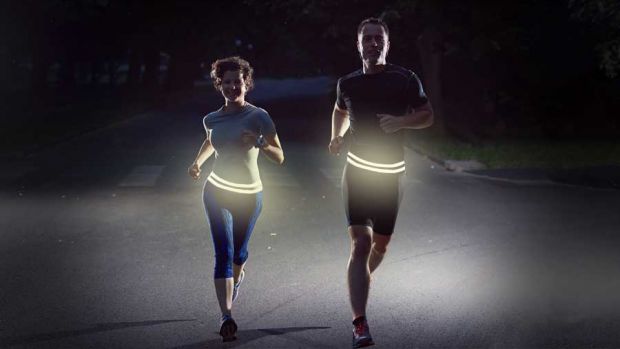
- Published: September 22, 2021
- Page reviewed/updated: May 11, 2023
Other safety topics
- Before you Travel in the Winter
- Bicycle Safety
- Boat Safety
- Bug Safety
- Carbon Monoxide
- Child Safety Seats
- Fall Safety Tips
- Fireworks Safety
- Holiday food prep and storage safety
- Pedestrian Safety
- Playground Safety
- Prepare for Winter Emergencies
- Prepare your Car for Winter
- Prepare your Home for Winter
- Safety in the Snow
- Skateboarding Safety
- Summer Safety Tips
- Water Safety
- Winter Safety Tips
- Before you Travel in the Winter
- Bicycle Safety
- Boat Safety
- Bug Safety
- Carbon Monoxide
- Child Safety Seats
- Fall Safety Tips
- Fireworks Safety
- Holiday food prep and storage safety
- Pedestrian Safety
- Playground Safety
- Prepare for Winter Emergencies
- Prepare your Car for Winter
- Prepare your Home for Winter
- Safety in the Snow
- Skateboarding Safety
- Summer Safety Tips
- Water Safety
- Winter Safety Tips



